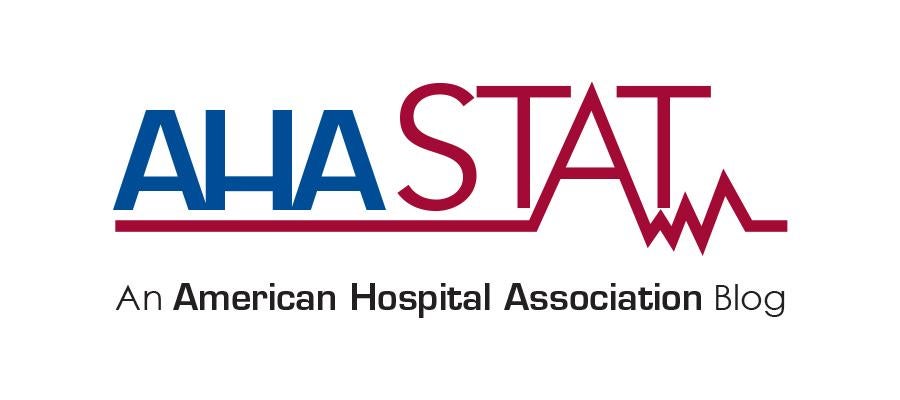3 Keys to Supporting Well-being in Your Organization

Q: How did you start doing this work?
I’m a physician and the son of a physician. I went into medicine because I wanted to help people get better and stay well, but along the way my own well-being was eroded.
I was determined to remain engaged as a physician, so I worked with an executive coach to clarify what was most important to me as a physician, as a father, husband, son, and friend – and that’s when things changed for me (listen to Tom’s beating burnout podcast). I began to understand that I wasn’t alone in feeling burned out and that my colleagues and friends needed the same help I had just found.
This work and mission has since grown well beyond my physician colleagues, expanding to leaders and team members in all health care roles. AHA now offers special sessions on this topic for its members with 2023 Leadership Experience sessions February and October.
Q: What advice would you give other health care leaders coming out of COVID-19 in terms of well-being and creating of a culture of resiliency?
Health care providers need to hear – directly from the top levels of leadership – an acknowledgment that practicing medicine, while a purpose-driven profession, comes with challenges and sacrifice. They must hear that these sacrifices are seen and deeply appreciated. Also, that a focus on self-care and well-being is the path to sustained professional success and fulfillment and is paramount in running a modernized health care system.
For hospitals, health systems and other organizations, wellness should be a long-term commitment and include three key components:
- Begin to talk about this culture of well-being and resiliency consistently, and, importantly, “walk the talk.”
- Make meaningful investments in people and in addressing the processes that can result in burnout and disengagement.
- Celebrate health care professionals who prioritize their self-care and their personal priorities as a signal that they are committed to long, meaningful careers in medicine.
Q: You’ve been doing well-being work for nearly a decade. What kind of impact have you seen it have on your colleagues, your teams and, ultimately, the work to treat patients?
As a result of this work, colleagues have a significantly enhanced experience of their life, gaining professional fulfillment and greater organizational engagement. Participants — and sometimes their family members — tell us that the program has saved their careers and, in some cases, their marriages and even their lives.
The beauty of it all is that healthier, satisfied, thriving caregivers means all of us receive better outcomes and health care. It brings us back to the foundation of why we’re in health care – to improve the lives of those around us.
Tom Jenike, M.D., a family practice physician, serves as chief well-being officer and senior vice president at Novant Health.

